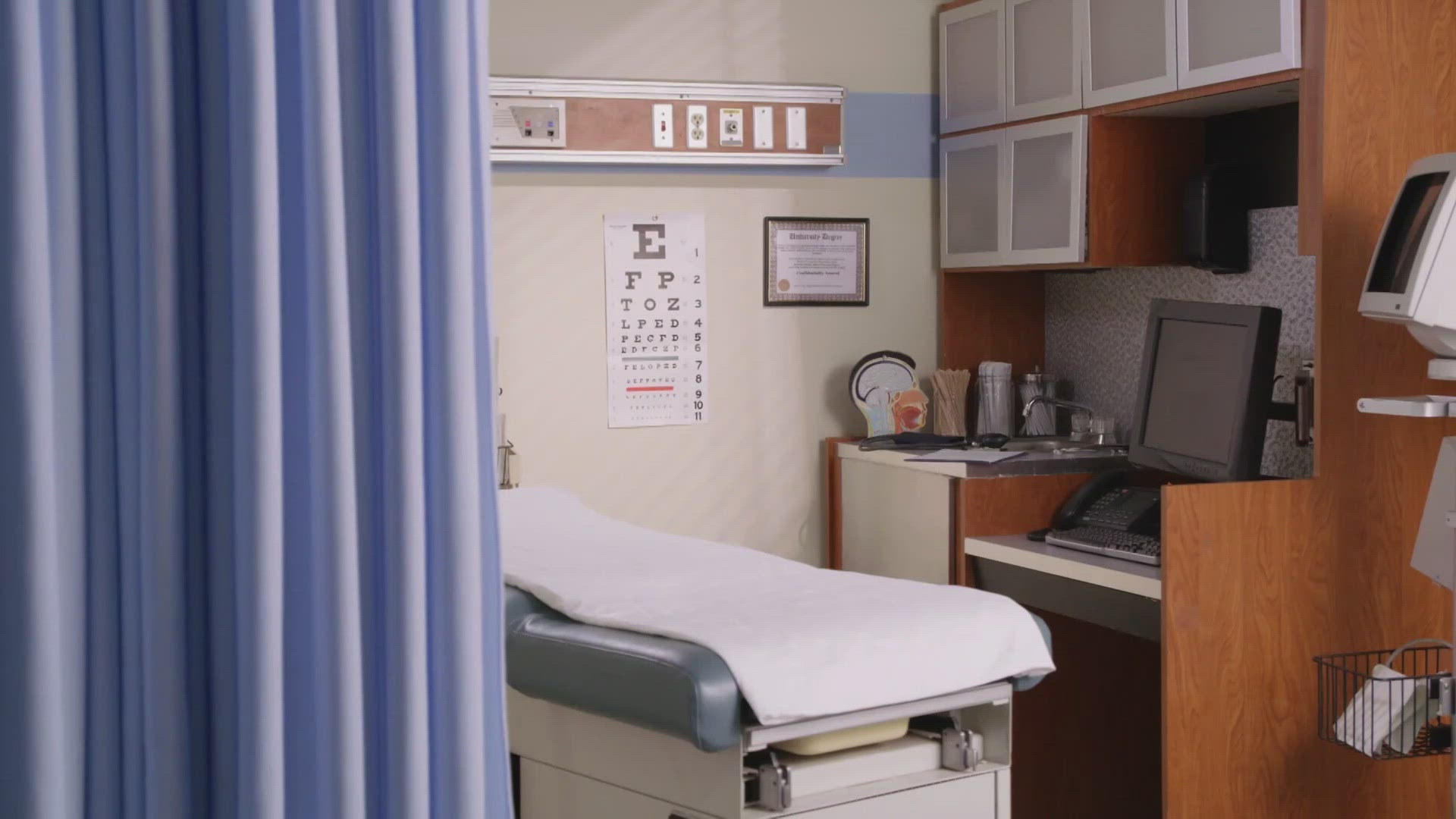JACKSONVILLE, Fla. — Black women have the highest death rate and shortest survival rate of any racial or ethnic group in the U.S. for most cancers. There are several factors contributing to that fact including social, economic, geographic, lifestyle and history also plays a part. There’s a deep, dark history of abuse of Black women's bodies that has led to mistrust within the African American community, and a lack of participation in research studies and clinical trials that could save lives.
"We have to acknowledge that there's a reason, there's a historical reason why Black women aren't as likely to visit a clinic, to sign up for treatments as maybe white women are today," Flagler College Professor Michael Butler said.
Serving as a window into the past by sharing preserved history, Butler reveals dark truths of stolen consent.
"The mistrust of the formal medical establishment has its roots in scientific racism that stretches all the way back to the period of enslavement," Butler said.
Marion Sims, The Father of American Gynecology, has been gloried over the years for his contributions to medical advancement. But his experiments on slaves continues to spark debate.
"As a plantation physician in Montgomery, Alabama he basically had free reign over we know of at least 13 enslaved girls and women whom he conducted gynecological experiments on," Butler said.
Medical tests without anesthesia, on purchased women.
"The types of gynecological experiments he wanted to conduct caused one of the owners to not give consent, so he purchased the slave who was 13 at the time," Butler said. "And we know that for almost a four-year period he conducted at least 30 surgeries, gynecological in nature on this enslaved child."
"There's some reluctance to seek care, because there is a very valid mistrust of the health care system, especially for people of color and women of color in particular," Dr. Kelli Tice said.
Working to achieve health equity, family doctor, Kelli Tice knows well the cost of past wrongs that have yet to be fully made right.
"Black women being used to advance science without having the benefit of.. the developments that have been created as a result of it," Tice said.
Henrietta Lacks, her cancer cells are the source of the HeLa cell line. While seeking care for cervical cancer at Johns Hopkins University, "Cells were removed from her cervix that she thought were being used for treatment but were actually being harvested for medical experimentation purposes," Butler said.
Her cells played a huge role in medical advancements, helping to create the polio vaccine, IVF and AIDS treatments.
"This occurred in 1951, so this is relatively recent in our immediate past," Butler said. "We're two generations removed from a Black woman going into a hospital with a reputation such as John Hopkins for treatment related to cancer and having her symptoms kind of ignored and her long-term health ignored for the purpose of testing her cells."
"That's not an isolated event in our history," Dr. Lauren McCullough said.
McCullough is one of the lead researchers with the American Cancer society's VOICES of Black Women study. For her, the data collected isn't just science, it's personal, as she aims to figure out why women like herself, Black women are dying at a high rate of cancer.
"We know how much value we have in contributing to the health care system," McCullough said. "We just want to make sure that value gets back to the community."
No drugs and no interventions, the VOICES research study is recruiting 100,000 eligible Black women across 20 states including Florida and Georgia.
"This is not a clinical trial," McCullough said. "What we are simply asking you to do is give a report of your day-to-day experiences and your history. It's what we call an observational study because we are just observing a large group of women and trying to better understand how that impacts risk of cancer and other health related conditions."
Tice explains the gatekeepers of medicine have not always been a diverse group.
"We've been excluded from all of the things that give us the ability to survive cancer," Tice said.
So, being able to help shape policy, creating health care for all, is why she's decided to enroll in the VOICES study.
"For us to actually contribute to the solutions that we've been excluded from," Tice said.
"When people say, 'why are we focusing on African American health, why are we focusing on the health of African American women?,' because for years we didn't care about the health of African American women, we didn't care about the health of African Americans period," Butler said.
The American Cancer Society is calling on Black women from all walks of life to join the VOICES research study to help save the lives of future generations of Black women. Visit voices.cancer.org to see if you are eligible to enroll.

